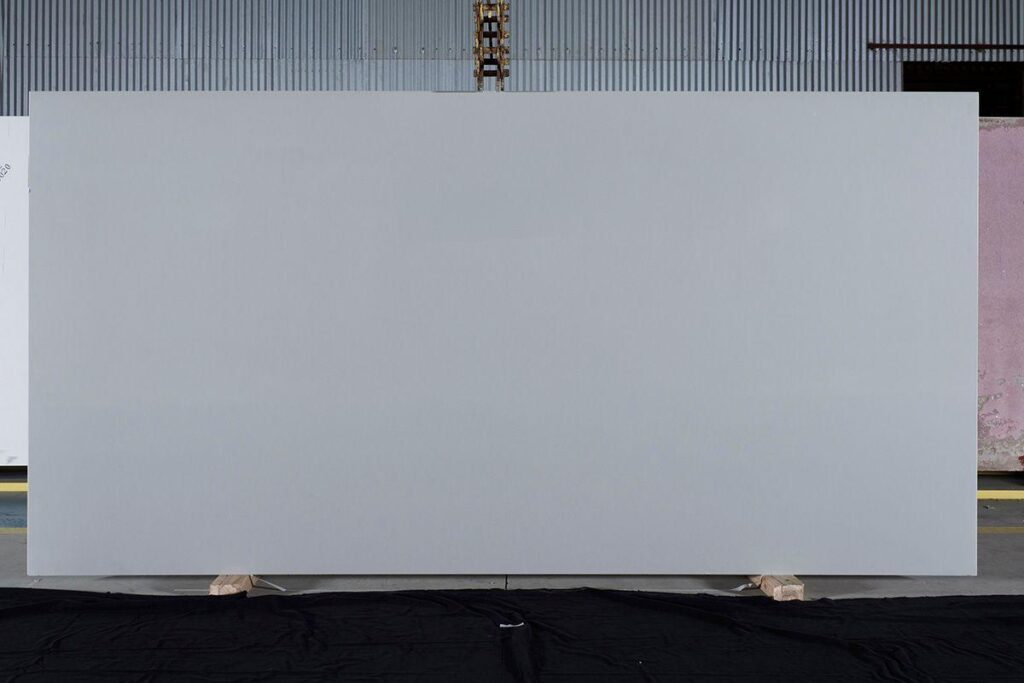Concrete
Concrete grey quartz is muted grey with a gorgeous, engaging texture, and beloved for its beauty, simplicity, and adaptability.

Concrete Quartz Countertops Frequently Asked Questions
What Is Concrete Quartz
Concrete Quartz countertops and slabs are a man made material manufactured from crushed stone and resin. Engineered Concrete quartz blends pulverized quartz or other natural stone aggregates like granite and marble with a polymer resin mix. The percentage varies by manufacturer but is usually around 90 percent ground quartz (a natural hard mineral) with eight to 10 percent resins, polymers, and pigments.
What Are The Advantages Of Concrete Quartz Countertops
The biggest advantage of Concrete quartz countertops is the low maintenance. Because Concrete quartz countertops are a manufactured material, they do not require sealing and are very resistant to staining. Also, being man made, allows for the color and pattern to be very consistent. Although some people prefer the random patterns and color changes that natural stone offers, many want the more uniform scheme that Concrete quartz provides. This also allows for easier matching of seams or later additions where the color consistency of Concrete quartz would be a benefit.
How Do I Maintain My Concrete Quartz Countertops
Concrete Quartz is a manufactured product made of crushed quartz and resin. Because of this, Concrete quartz countertops are non-porous and don’t require a sealer. For cleanliness, a non-porous surface means that it will not harbor bacteria or viruses. Cleaning Concrete quartz countertops is easy and can be done with mild dish detergent and water. Use glass or surface cleaner, along with a nonabrasive sponge, to remove stains. Avoid using harsh abrasive cleaners or scouring pads on your Concrete quartz countertops to keep them shiny and prevent dulling. Concrete Quartz is a hard surface, but not hard enough to withstand the effects of sharp objects like knives. Make sure to use a cutting board to avoid scratches on your Concrete quartz countertops.
How Heat Resistant Are Concrete Quartz Countertops
Typically, granite has higher heat resistance than Concrete quartz, granite at around 450 degrees and quartz up to 150 degrees. Concrete Quartz countertops should not be in contact with hot objects for long periods as it could stain or discolor the surface. Concrete Quartz countertops are heat and scorch resistant but you should take care to not set hot cookware directly on the surface. Always use a hot pad to protect your Concrete quartz from scorching.
Install Images Concrete Quartz

